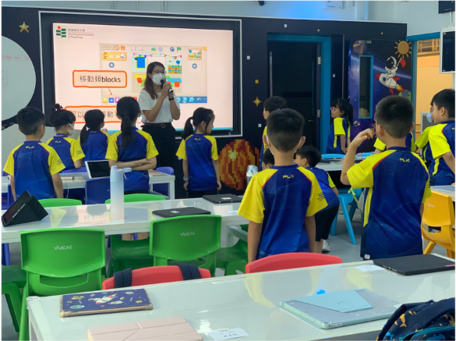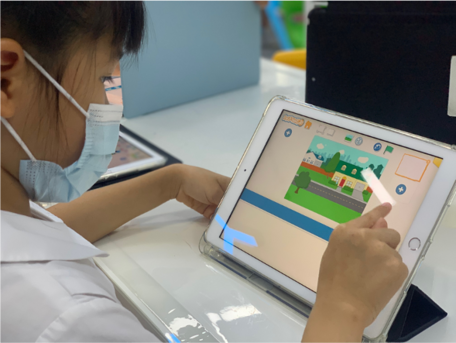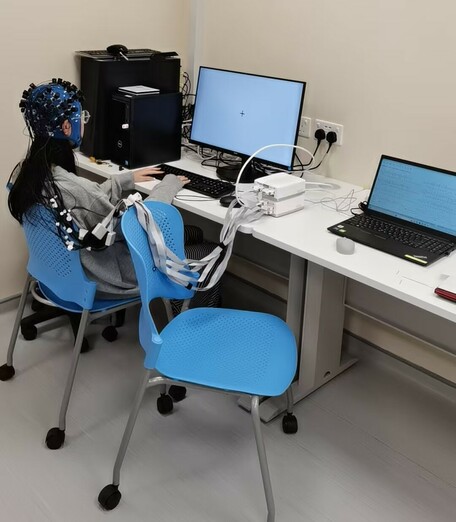Learning Science
Learning to learn - language, coding and mathematics
This Learning Science Research Cluster project illuminates the processes and outcomes associated with children's learning of language, coding, and mathematics. These domains involve understanding symbols, their syntactic rules, and the composition of these elements into meaningful expression, whether in spoken language, mathematical equations, or computer code. Employing theory-informed approaches from both language learning and coding/computational thinking, we aim to develop a comprehensive framework for analysing the parallels in comprehension across these three areas. Our research utilizes behavioural, cognitive, and neural measures to gain a holistic understanding of how children engage with and master these symbolic systems.
Sustainable Development Goals
In 2015, UN member states agreed to 17 global Sustainable Development Goals (SDGs) to end poverty, protect the planet and ensure prosperity for all. The research team contributes towards the following SDG(s):
The learning of natural language, programming languages, and mathematical language involves the encoding and decoding of symbols and their association with meaning. By understanding these processes, educators can better help children to develop a diverse array of cognitive skills applicable across multiple domains. This project consists of three subprojects focusing on the cognitive and neural processes involved in learning language, mathematics, and coding during early childhood. By examining children in the early grades, we investigate the neural and cognitive correlates of these learning processes, as well as the role of executive function and other factors in mediating their relationships.
This initiative addresses a research gap in understanding the foundations of children’s language, mathematical, and computational thinking development. With the emphasis on evidence-based research, it aims to generate groundbreaking findings that could disrupt current understanding. This project also seeks to strengthen capacity in the sciences of learning for extended and deeper research. Researchers will develop a fundamental evidence-based understanding of the cognitive and neural factors involved in learning natural languages, mathematics, and coding. The practical implications include providing insights for educators and parents into how to design instructional approaches that optimally support children's learning in these areas. The findings can lead to more effective teaching strategies and interventions that enhance language development, not only in the context of natural languages but also in mathematics and coding.








